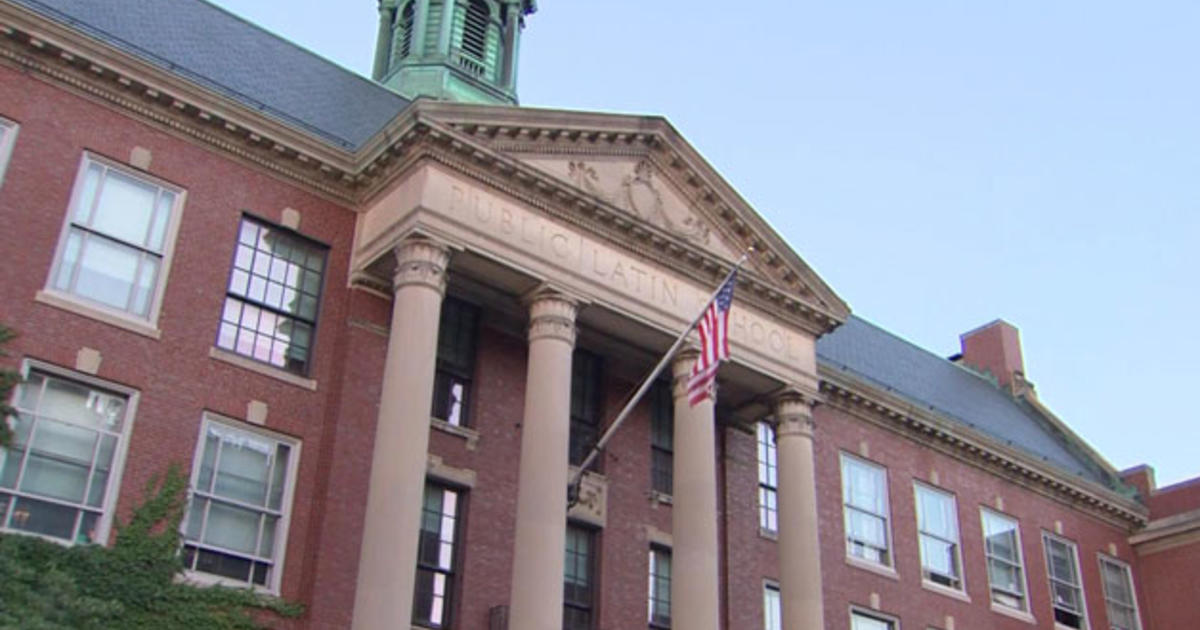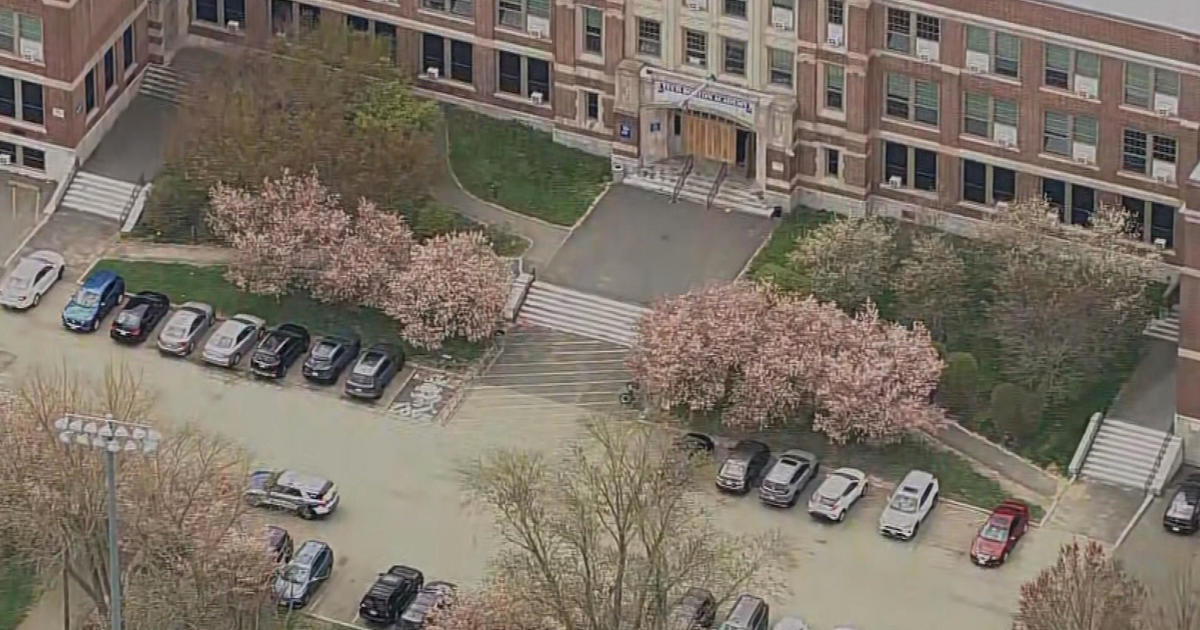Senate Bill Seeks To Screen Teens For Drug Abuse
BOSTON (CBS/AP) — Mandatory screening of middle and high school students for potentially risky drug behavior is among key provisions of a wide-ranging opioid abuse bill now being finalized by Massachusetts Senate leaders.
The legislation represents the latest effort at the state level to reverse an alarming trend: State health officials estimate more than 1,250 people died from opioid-related overdoses in 2014, compared to 939 deaths in 2013.
Under the proposal, doctors and health insurers would be encouraged to embrace pain management strategies that rely less heavily on or do not include opiate medications. Officials have repeatedly cited studies showing that many people become addicted to heroin after first becoming dependent on powerful painkillers.
The school screening plan already has raised concerns about privacy and confidentiality among other top state leaders including Republican Gov. Charlie Baker and House Speaker Robert DeLeo.
Sen. Jennifer Flanagan, who chaired a special Senate panel on opioid abuse, insisted such concerns were unwarranted.
"It's not a drug test. They are not being urine tested for drugs, there are no criminal ramifications that come from this," said Flanagan, D-Leominster, who along with Sen. John Keenan, D-Quincy, briefed reporters Thursday on highlights of the bill.
"It is simply a conversation that a student has with someone who is qualified to give an expert screening," Flanagan said, adding at the questions asked would be non-confrontational.
For example, Flanagan said, instead of the question, "have you ever had a beer," student would be asked, "when's the last time you had a beer?"
Under the legislation, students would be screened twice — once in the seventh grade and once in 10th grade — by school nurses, counselors or psychologists. If an assessment was made that a student was using opiates or at risk of doing so, the student would be offered treatment, lawmakers said.
There would be no requirement for parental notification, but Flanagan said it was hoped families would tackle the problem together.
Flanagan said it would likely cost $1.4 million for training the school district, and an estimated $1 million a year to keep the program going.
"We've been finding that more and more families didn't know what was going on during the teen years and are finding out when they are 20 that they are full-blown heroin addicts," she said.
The Senate Ways and Means Committee was expected to finalize the bill Friday, with debate expected in the chamber next Thursday.
Keenan said the measure focuses largely on prevention.
Doctors would be asked to consider alternative pain management treatments and document reasons why they decided to prescribe certain "high-risk" medications.
Insurance companies would be required to develop plans that include alternative therapies, though the bill would not immediately require insurers to cover treatments such as acupuncture or chiropractor services.
Patients, including recovering addicts, could also opt to have a note placed in their medical records that they do not want opioid-based drugs prescribed to them under any circumstances.
"If they have that prescription in their hands and they are in recovery, it's like waving a chocolate chip cookie in front of me, it's difficult to resist," said Keenan.
Baker was also expected to file legislation shortly after receiving dozens of recommendations earlier this year from an opioids task force in the areas of prevention, education, intervention, treatment and recovery.
WBZ NewsRadio 1030's Ben Parker reports
(TM and © Copyright 2015 CBS Radio Inc. and its relevant subsidiaries. CBS RADIO and EYE Logo TM and Copyright 2015 CBS Broadcasting Inc. Used under license. All Rights Reserved. This material may not be published, broadcast, rewritten, or redistributed. The Associated Press contributed to this report.)



